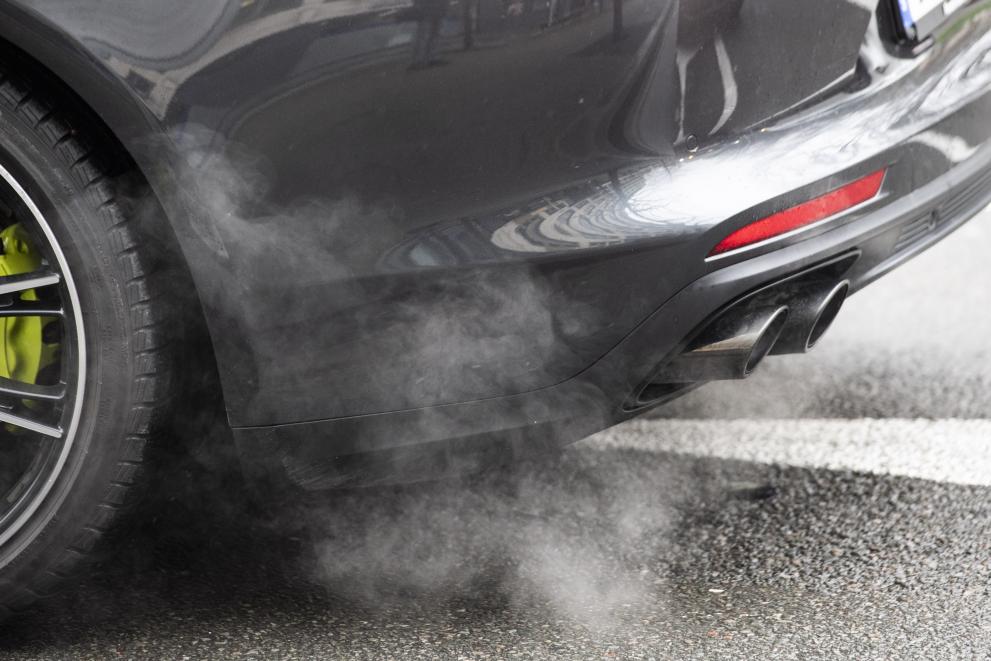
With approximately 400,000 premature deaths each year, air pollution is the largest environmental health risk in Europe.
The JRC produced and released a new material to help assess the harmful impact of fine particles in the air on our health when we breathe in.
This new certified reference material (ERM-CZ130) is a standard dust sample mimicking those fine particles, known as particulate matter (PM10), which are small enough – up to 10 microns – to enter our lungs and can lead to serious health consequences.
The material helps to check the accuracy of air quality measurements for harmful substances, including arsenic, cadmium, nickel, lead, and specific polycyclic aromatic hydrocarbons (PAHs), which are known to affect human health. It replaces two other JRC certified reference materials (ERM-CZ100 and ERM-CZ120) that are close to exhaustion due to increasingly high demand during the last years, signalling the constant demand of such quality control tool for the laboratories performing air monitoring.
In 2022, the European Commission proposed to revise the Ambient Air Quality Directive. Excessive exposure to particulate matter (PM10 and PM2.5) reduces life expectancy and leads to respiratory illnesses among children who are more sensitive. In 2021, 97% of the urban population was exposed to levels of PM2.5 above the World Health Organization's health guideline levels (EEA, 2023).
The new control material supports the objectives set out in the Zero Pollution Action Plan to reduce the number of premature deaths due to exposure to fine particulate matter by 55% by 2030.
To achieve this goal, accurate and reliable monitoring of air pollutants is essential. The JRC new certified reference material can ensure that monitoring data are reliable.
The journey started in a tunnel
To produce this material, JRC scientists first collected dust from a tunnel in Belgium. The collected dust then underwent a rigorous process, from homogenisation to stability testing and characterisation of the values to closely match the airborne particulate matter we encounter every day.
The sample was then analysed by different expert laboratories to ensure its quality and reliability.
The new material will allow scientists and laboratories in the EU and around the globe to perform quality control and assess the performance of methods used to measure harmful substances in airborne particulate matter.
Related content
New certified reference material ERM-CZ130
JRC certified reference materials for air quality monitoring
Details
- Publication date
- 23 July 2024
- Author
- Joint Research Centre
- JRC portfolios




